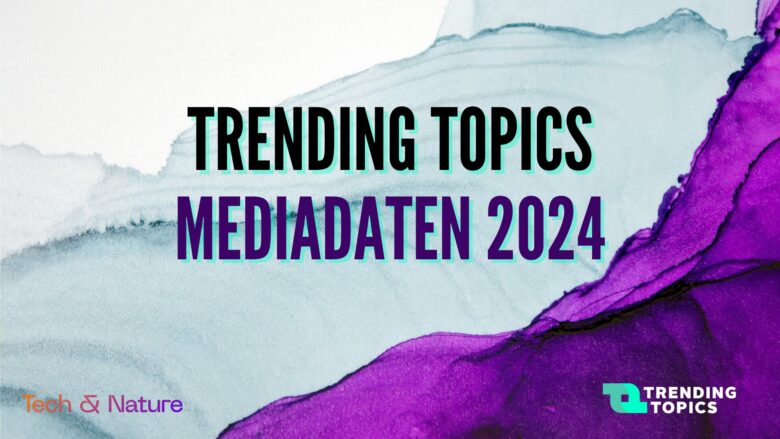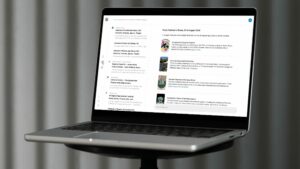OpenAI and Financial Times enter into licensing agreement

The impact of AI in the media branches is growing. Recently, the renowned British business newspaper Financial Times, based in London, has concluded a deal with OpenAI. This makes it the latest news organization to enter into a collaboration with the AI company.
The Financial Times and AI
The agreement includes access to Financial Times articles through OpenAI, as The Verge reports. On the one hand, ChatGPT users can make AI queries and receive information from the FT, including summaries, quotes, and links from articles in the medium. Any prompt that reproduces information from the FT is attributed to the publication. On the other hand, new AI tools are to be developed, from which OpenAI expects to make a profit.
The British medium already uses OpenAI applications and publicly announces that it is an enterprise customer of ChatGPT. In March 2024, the FT released a beta version of a generative AI search function based on Anthropic’s Claude Large Language Model. The “Ask FT” feature aims to enable subscribers to ask questions about current events and find information on topics covered by the Financial Times.
Despite the openness to artificial intelligence and the new partnership with OpenAI, John Ridding, CEO of the Financial Times Group, says he continues to rely on “human” journalism. “It is of course true that AI platforms pay publishers for the use of their material,” says Ridding. For him, it is clearly in the interest of users that AI applications contain reliable sources.
Dangerous: OpenAI develops voice cloning tool in super election year
OpenAI and its licensing business
The Financial Times is not the only media company that has concluded a deal with OpenAI. The German group Axel Springer, Bild und Welt – also from Germany, Business Insider and Politico from the USA, and the French newspaper Le Monde also signed contracts with the AI giant and make their content available for training AI models. Likewise, The Associated Press allows OpenAI to train its models on their data. The US media outlet The Information reported that OpenAI only pays between $1 and $5 million annually for content licensing. That would be significantly below the price offered by Apple, for example.
However, there are media companies that have absolutely no desire to share their content with OpenAI and have therefore filed a lawsuit. These include The New York Times, which sued OpenAI and Microsoft for copyright infringement in December 2023. The influential daily newspaper believes ChatGPT “reproduces Times content verbatim.” Other media outlets that have sued OpenAI in a separate case with similar allegations include The Intercept, Raw Story and AlterNet – all of which are based in the USA.





























